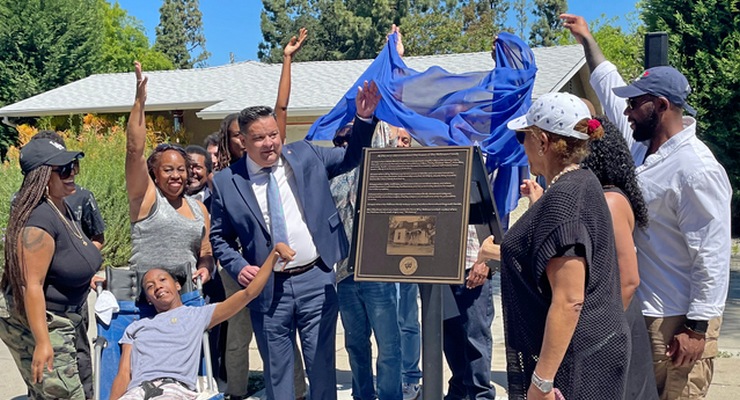
A survey on pretextual stops conducted by the City’s police oversight commission ended on Sunday.
“The City of Pasadena’s Community Police Oversight Commission is collecting information about the first kind of traffic stop noted above, which are called police pretextual stops,” according to language contained in the survey. “Their goal is to make recommendations to the Police Chief, City Manager, and City Council about how to improve police practices in Pasadena.”
According to a memo to City Councilmembers earlier this year, a pretextual stop is when a police officer detains a person for a minor crime, like a traffic violation, because the officer believes the person is involved in or has committed another more serious crime.
Police officers in several jurisdictions have already begun banning pretext stops or establishing new policies.
Police officers in Los Angeles are required to record on their body cameras the reasons for a pretext stop before it is initiated.
Minor traffic stops plummeted soon after the policy was initiated.
In June, members of the LA City Council said they wanted to see pretext halted.
In February, the San Francisco Police Commission banned the practice in a split vote. The vote came weeks before voters there passed a measure that reduced the commission’s policy-making powers.
According to San Francisco Police Commissioner Matt Carter-Oberstone [sentence incomplete in original]
The local survey was active for several months and contained questions regarding opinions on pretext stops and experiences with Pasadena Police officers during traffic stops.
Pasadena Police Officers were asked to fill out a separate survey on pretext stops.
The memo was in response to questions by two City Councilmembers.
Pretextual stops do not violate the Fourth Amendment of the U.S. Constitution if supported by the reasonable suspicion necessary to support a stop.
In the case of Whren v. United States, the Supreme Court ruled that officers can use reasonable suspicion to conduct a search. In that case, two men were driving in a ‘high drug area.’ Plainclothes officers noticed Whren and Brown at an intersection stop-sign for an unusually long time. Suddenly, without signaling, they sped away at a high rate of speed.
After conducting a traffic stop, the officers discovered Whren holding plastic bags of crack cocaine and arrested the men on federal drug charges. Before trial, lawyers attempted to suppress the evidence, contending that the officers used the traffic violation as a pretext for stopping the truck because they lacked either reasonable suspicion or probable cause to stop them on suspicion of drug dealing.
The District Court denied the motion to suppress and convicted the petitioners. The Court of Appeals affirmed. The Supreme Court upheld the decision.














 8 comments
8 comments



